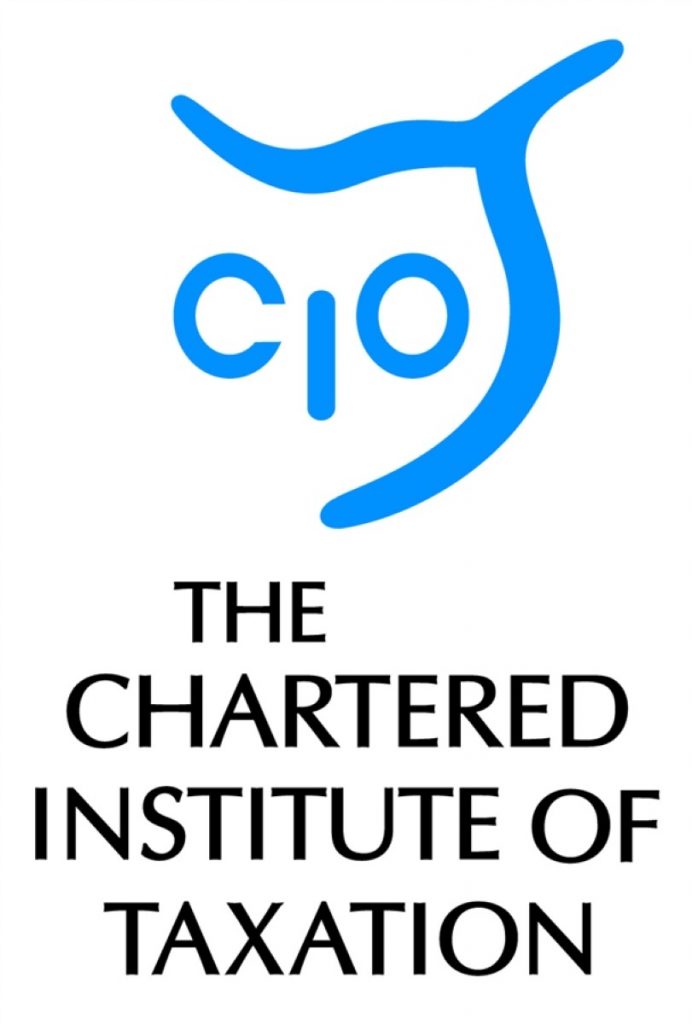Tax advisers laud review of tax penalties regime but call for further reform
Better use of digital resources to promote compliance and greater clarity in communications between HMRC and taxpayers will contribute to a fairer and more efficient penalties system, the Chartered Institute of Taxation (CIOT) has said1.
The response to an HMRC consultation comes as the Revenue seeks to develop its penalties regime (for people who fail to meet their tax obligations) in line with the increasing digitisation of its services2. In their response, the CIOT raised a number of points, including:
– Support for the principle of a single penalty system as part of the move to a single tax account for every taxpayer;
– A call for the review to consider whether the current regime is ‘fair and proportionate’, and operating properly;
– Understanding the importance of education as key to improving taxpayer compliance
CIOT Tax Policy Director, Patrick Stevens, commented:
“After having been involved with the HMRC Powers Review which ran from 2005 to 2012, we are encouraged that this document represents a high level review with further consultation in due course. This demonstrates that HMRC understand that changes to the penalties regime require careful sustained consideration to better reflect differing taxpayer circumstances.
“HMRC’s digital strategy has prompted this review. However, there are wider concerns about whether the current penalty regime is fair and proportionate. Indeed, there is a strong case for review of the proportionality of the automated late filing and late payment penalties; how the Revenue establishes the behaviour that has led to errors and how it determines the appropriate level of penalty.
“It is right that HMRC use their increasing digital resources to promote compliance, by adopting a more personalised approach as they increase their ability to analyse taxpayer information. However, we believe that the Revenue can go further. Digital data in HMRC’s possession should be used to remind the vast majority of taxpayers of their obligations and of the consequences of non-compliance in a comprehensible and effective manner.
“Finally, we support the Office of Tax Simplification’s conclusion that there should be a full post-implementation review of the HMRC Powers Review work on penalties3.”
Notes to editors
1. The submission of the Chartered Institute of Taxation can be read in full, here.
2. HMRC Penalties: a Discussion Document, can be read in full here; further information on HMRC’s Digital Strategy can be accessed here.
3. Tax penalties: final report, published by the Office of Tax Simplification can be read in full here.
4. The Chartered Institute of Taxation (CIOT)
The CIOT is the leading professional body in the United Kingdom concerned solely with taxation. The CIOT is an educational charity, promoting education and study of the administration and practice of taxation. One of our key aims is to work for a better, more efficient, tax system for all affected by it – taxpayers, their advisers and the authorities. The CIOT’s work covers all aspects of taxation, including direct and indirect taxes and duties. Through our Low Incomes Tax Reform Group (LITRG), the CIOT has a particular focus on improving the tax system, including tax credits and benefits, for the unrepresented taxpayer.
The CIOT draws on our members’ experience in private practice, commerce and industry, government and academia to improve tax administration and propose and explain how tax policy objectives can most effectively be achieved. We also link to, and draw on, similar leading professional tax bodies in other countries. The CIOT’s comments and recommendations on tax issues are made in line with our charitable objectives: we are politically neutral in our work.
The CIOT’s 17,000 members have the practising title of ‘Chartered Tax Adviser’ and the designatory letters ‘CTA’, to represent the leading tax qualification.





-01.png)